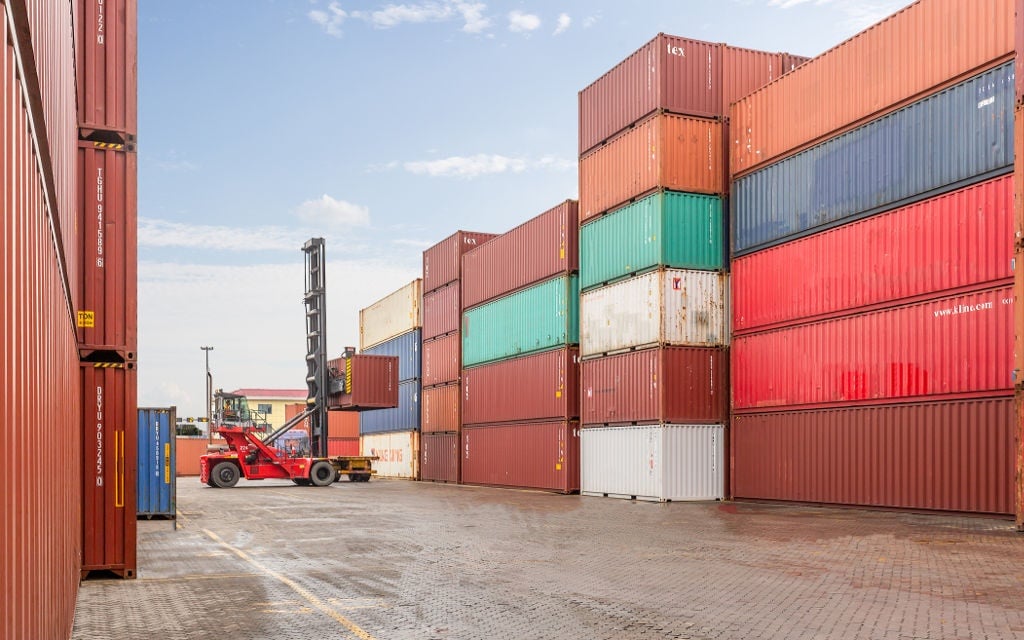
- Economic recovery will be slow and is unlikely to be V-shaped.
- There is risk in the strong recovery of financial markets due to their dislocation from the underlying economic recovery.
- In the event that markets run out of steam because the economy remains weak, risk appetite will decline and flight to safe haven assets will set in.
While we were fixated by last week's adjusted Budget, that showed some unbelievable numbers, the International Monetary Fund released two publications, the World Economic Outlook (WEO) and the Global Financial Stability Report (GFSR) with two main messages.
The WEO agrees that economic recovery will be slow and is unlikely to be V-shaped, while the GFSR also came to the conclusion that there is risk in the strong recovery of financial markets due to their dislocation from the underlying economic recovery.
These two key points have important implications for South Africa’s economic, financial and social outlooks. They are not new observations but are now consensus, and will have a bearing on how we think about the outlook of the South African economy.
Let’s make two observations from Mboweni's adjusted Budget off the bat to provide context. First, when forecasts are produced by important institutions, they communicate far more than just the numbers. National Treasury’s growth forecasts of 1.5% beyond 2021 are very modest and too low to ensure either fiscal sustainability or employment generation.
As detailed in these pages, South Africa needs a minimum of 4.5% economic growth rate sustainably over the next decade to ensure fiscal sustainability.
To a reader, these forecasts contain a disturbing message beyond that of a mediocre recovery. They say that the National Treasury does not have a belief that government will be able to implement economic reforms that will lift economic growth fast enough. If that belief was there, it would have been demonstrated through higher economic growth forecasts.
Second, the fiscal consolidation path reduces the main budget balance from 14.6% of GDP in 2020/21 to 7.7% by 2022/23. That’s a whopping 6.9% of GDP consolidation over a two years. Unbelievable. A zero based budget has been proposed as the mechanism that will enable the cut in spending that is necessary. However, it is hard to believe that this will be successfully implemented given that the majority of the government spending, like health, police, defense, social grants, and education, cannot be zero budgeted.
Besides this, in a global economic outlook that the IMF tells us it’s going to be slow to recover, why would such a stringent consolidation path be followed? From an economic point of view, we can’t think of a credible reason. Treasury would have to do it for other reasons. To appease the global lenders that there is a plan to keep debt on check. It’s a good strategy but without economic growth as the basis of dealing with debt, this strategy will backfire and potentially result in markets closing South Africa out when we will most need to have access.
The divergence that I highlighted elsewhere, which the IMF and GFSR also point out, poses significant risks for South Africa’s access to markets.
In the likely event that markets finally run out of steam because the economy remains weak despite the central banks’ monetary printing press remaining open, risk appetite will decline and flight to safe haven assets will set in. I would hope this happens sooner than later, but as John Maynard Keynes said, "The market can stay irrational longer than you can stay solvent." So, it’s possible it happens, say, in 2021/22, when National Treasury would have missed their fiscal consolidation path. If that were to happen, the market will penalise South Africa more than other countries, when we would need cheaper funding and access the most.
There was no rationale to rush to present the medium term outlook given the uncertainty in the economic outlook. The global backdrop is much worse and insolvencies are expected to rise. There will be competition for global capital as countries seek funds to aid the recovery. Rushing to present the medium term outlook could come back to bite the country. Sure, if it is a condition for global lenders, that is necessary but it now needs a strong growth strategy which can only come through economic reforms and hard political choices with sometimes trade-offs that can only be solved by a coin toss as they are all important.
The window of opportunity will continue to narrow and needs to be grabbed, for narrow just like the biblical narrow road leads to life, it leads to economic revival. There is still hope that South Africa is one of the only a few countries that find it.
Isaah Mhlanga is chief economist of Alexander Forbes. Views expressed are his own.




 Publications
Publications
 Partners
Partners











